Africa is a big place. Really big. When you fly over it, you get
a sense of its immenseness; everything from cities to mile upon mile of open
ground. In
turn, it is easy to feel very small and insignificant, a mere dot on the
landscape.
As a writer in Africa, it is also easy to feel a sense of that
aloneness. I
live in a small mining town called Solwezi in north-western Zambia. If
there are any other writers here, I certainly have not met them and I am not
sure how I would. There are no writers’ groups advertised, no literary
events take place - and no one seems to be particularly perturbed. After all,
why should they be? Writing is a solitary job, isn’t it? It’s
just you and your notepad or your laptop. What else do you need?
I am sure there are many writers who do write in isolation, either
through circumstances or choice.
The stereotypical writer is something of a
recluse who refrains from talking about their work or giving interviews and
generally detests the limelight. In many ways, I fit this category. I am
naturally shy, I feel embarrassed talking about myself in anything but a
self-effacing manner and I tend to introduce myself as a teacher rather than as
an author. However,
more and more these days it is incumbent upon the author to organise their own
publicity. It
is necessary to have a blog and a Facebook page and Twitter account and to use
these for publicising one’s work.
Again, sitting in small town Solwezi, it is difficult to know who
reads this information besides friends and family and maybe a one-time school
mate who has wondered what happened to you in the last twenty years and googled
your name just for fun. A lack of bookshops means that is difficult to
read the works of other authors; ironically, it is often more difficult to find
books by African writers than it is by Western writers.
I was therefore quite excited to be asked to the Aké Arts and Book
Festival in Abeokuta, Nigeria, which was held in November of last year. An
all-expenses paid trip was offered in return for me participating on two
discussion panels. My only reservation was that I was so out of touch with
contemporary African writing that I would not be able to say very much. I
must also admit I feared that every discussion would degenerate into the rather
worn ‘What is African Literature?’ question that seems to occupy so much time
and debate.
However, I was pleasantly surprised. The
discussions were interesting and were an excellent way of promoting my work. Aké
offers a bookshop with a fairly comprehensive range of books on offer, yet for
someone browsing for an interesting book, what is going to make one stand out
more than the other? What makes a book look more interesting than the
rest? What
I found was that many people bought my book after hearing me discuss it. I
was also quite surprised at how many people approached me after the discussions
to talk about issues that I had raised, especially after the second panel I was
on, entitled Celebrating Otherness in Modern
Africa.
It was great meeting other writers as well – talking about
different writing strategies or experiences with having books published. The
best thing was not being something of an oddity. I
always feel a little self-conscious telling people that I am a writer. Writers,
for some reason, are not supposed to be known, they are not supposed to be real
people. It
was wonderful to be able to talk to like-minded people without having to
explain myself. What was even better was that I didn’t feel so
isolated anymore!
However, let’s be honest, many of these festivals – and quite a
number have sprouted in Africa in the last few years – are really about
networking. The
literary discussions are all very interesting and they give the four days a
focus, but what we are really there to do is meet each other. This
is not meant as a criticism at all. Networking is as important as keeping
a regular blog and posting pictures of your book on Facebook.
Some of the writers I met seemed to have spent the year travelling
from one literary festival to another. There were arrangements made
to meet up in Kampala or Cape Town and I was asked a couple of times whether I
had ‘done the Zanzibar one’ or if I was going to be in Harare the following
week. Unfortunately, the fact that I am not a full time writer means that I
cannot take a lot of time off work to travel the continent. I am
not sure, anyway, if I would like to. Perhaps the novelty would wear
thin?
from bryonyream.blogspot.com



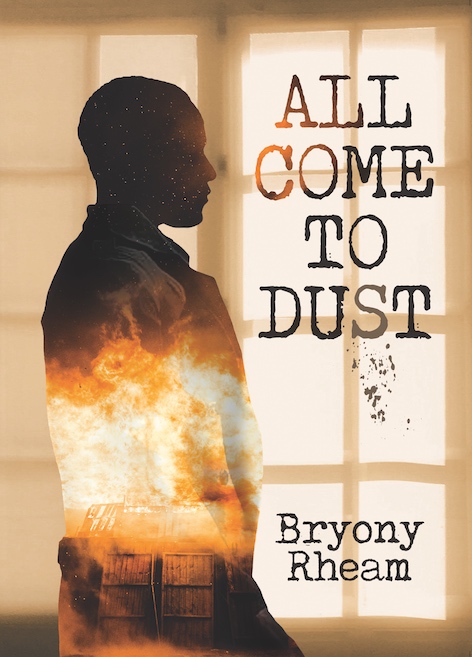
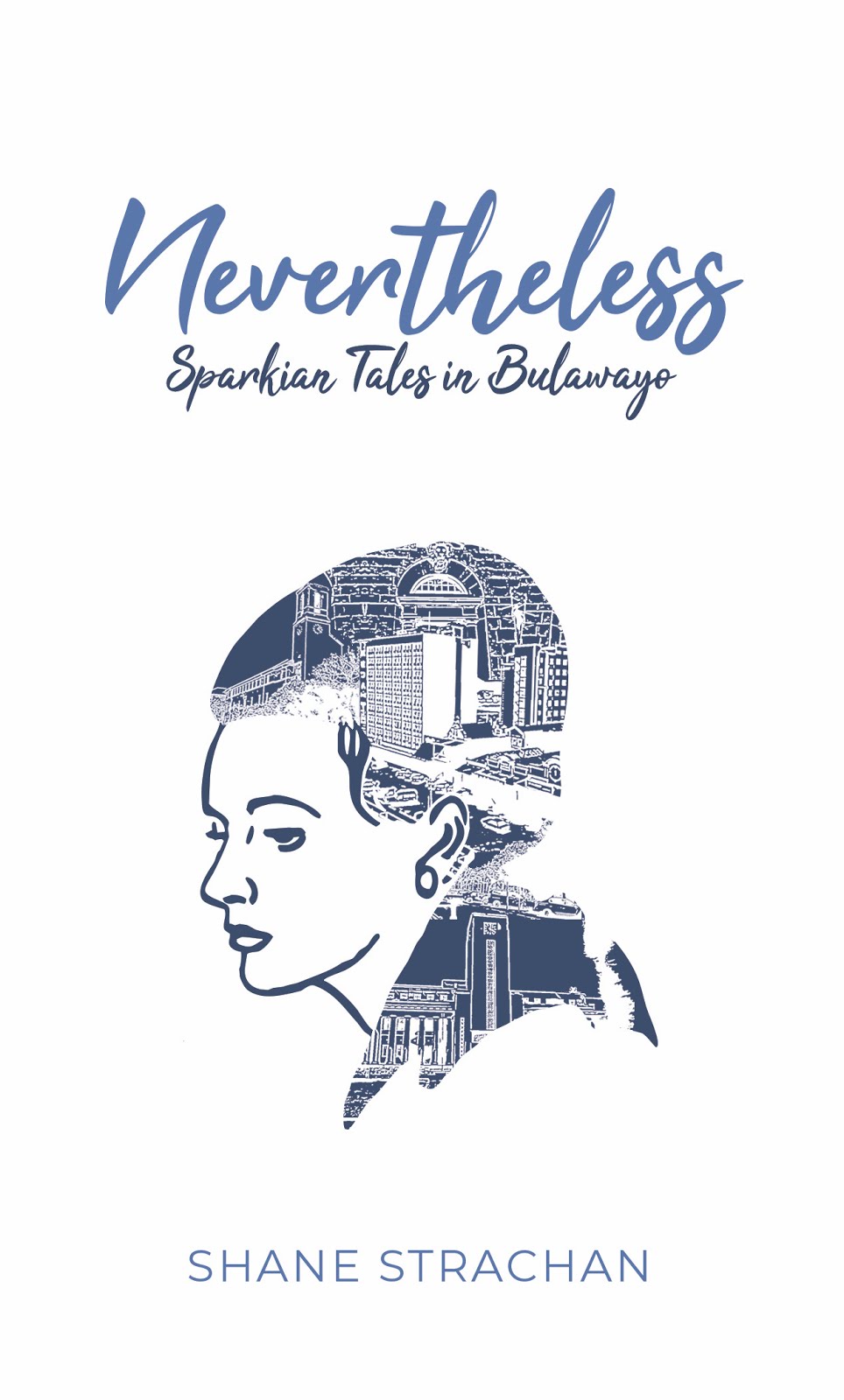





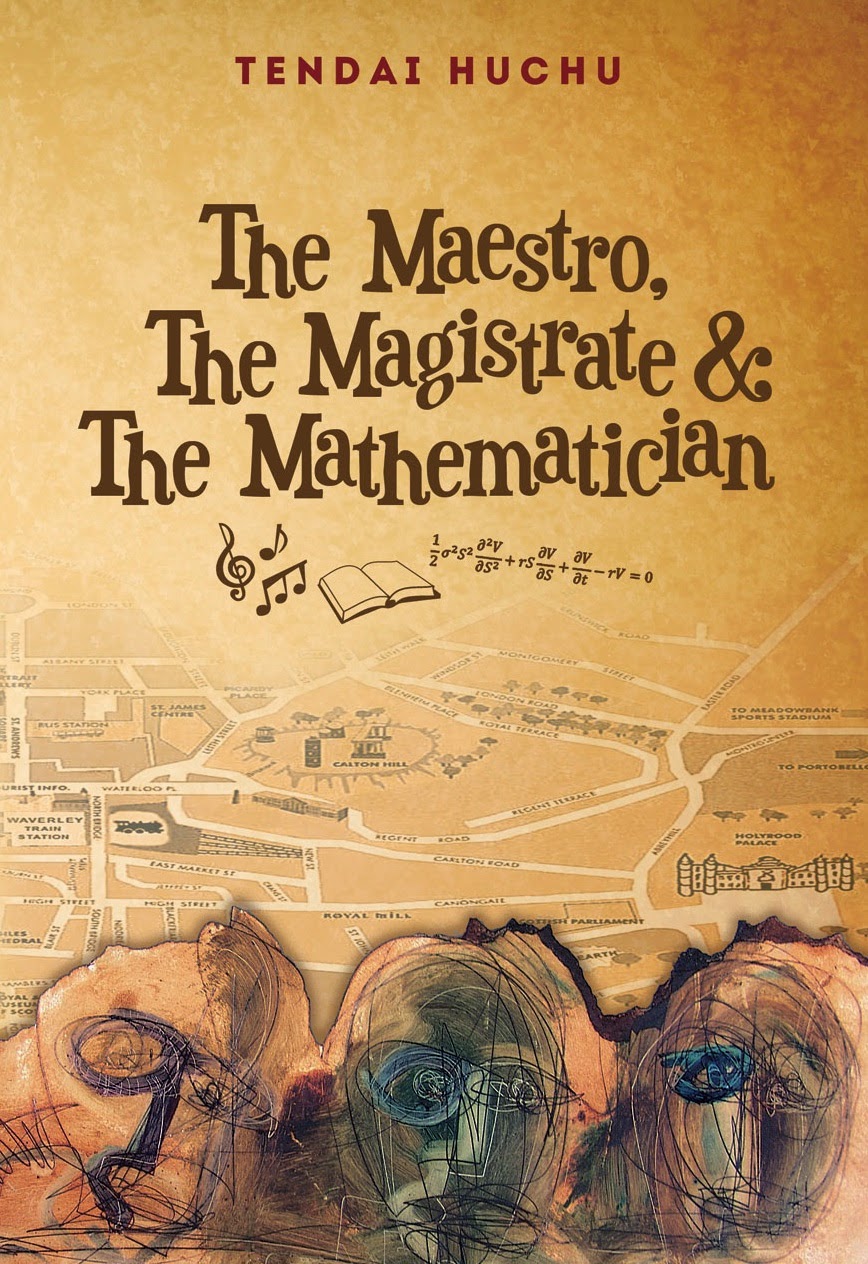
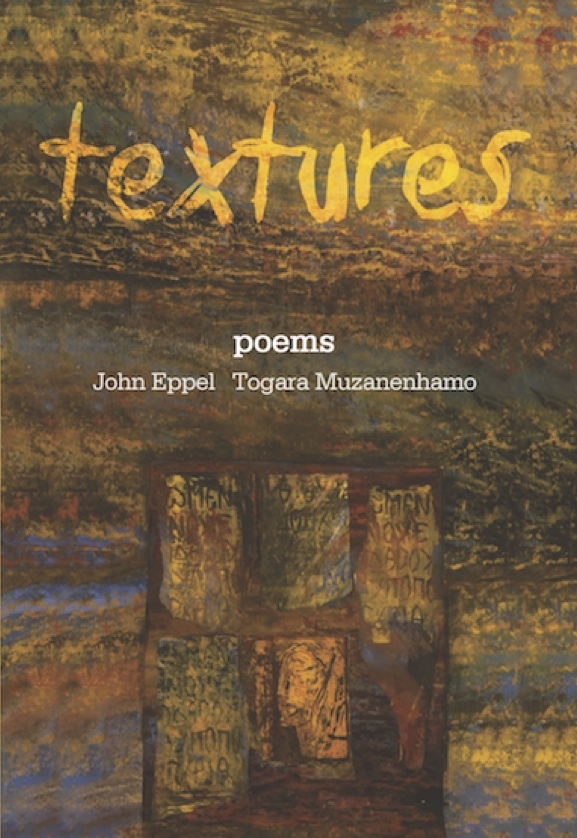
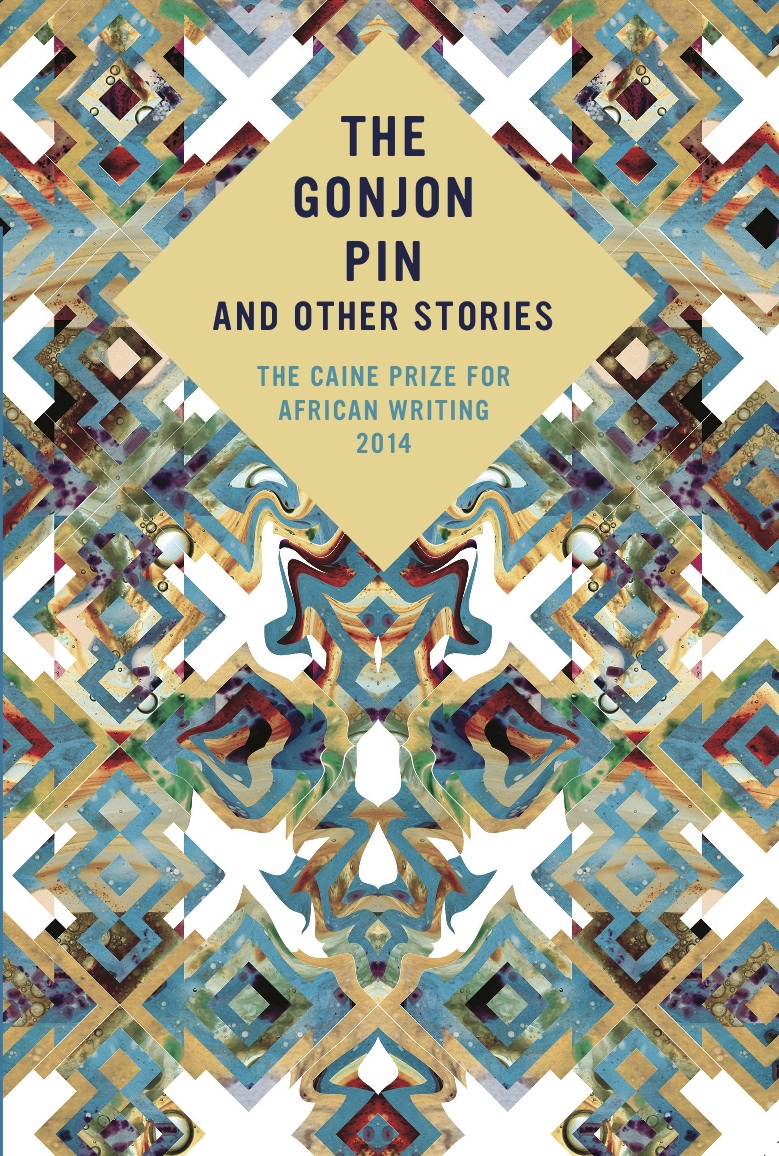
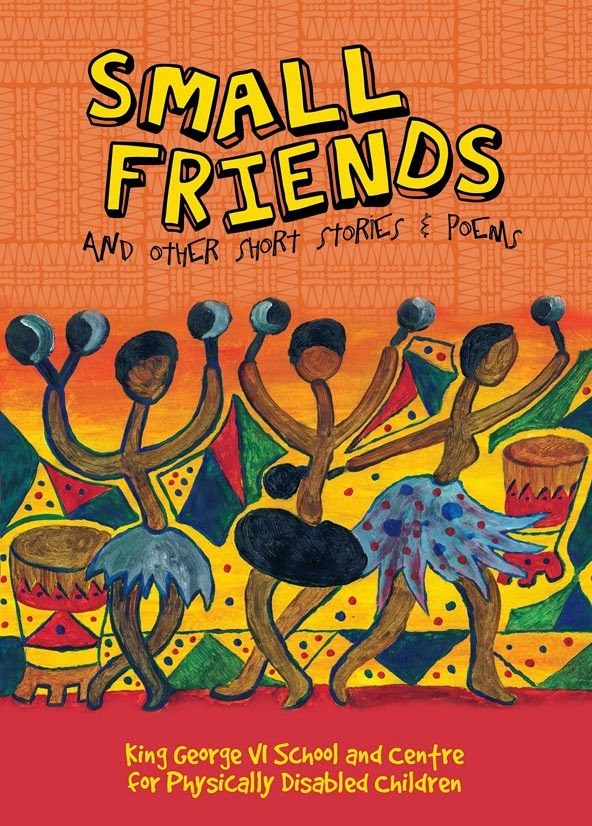
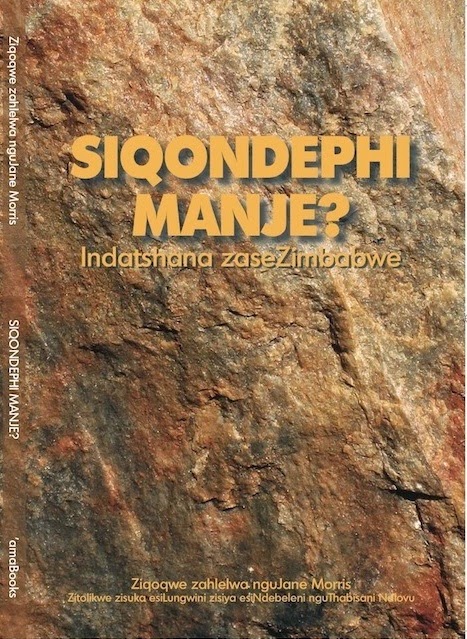
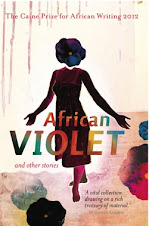

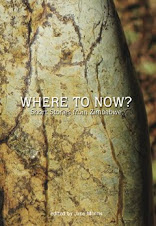
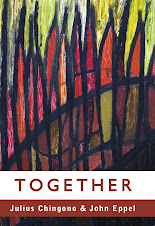
.jpg)

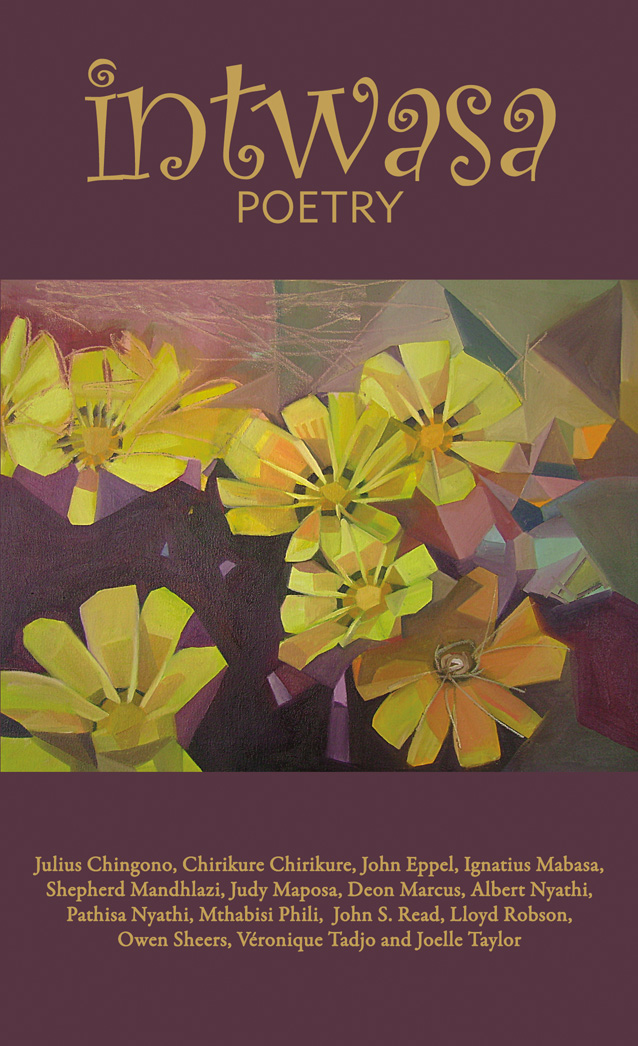


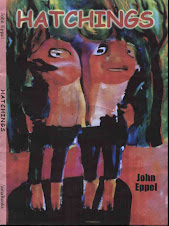













.jpg)

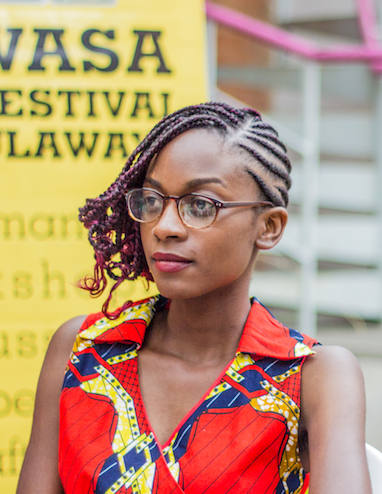


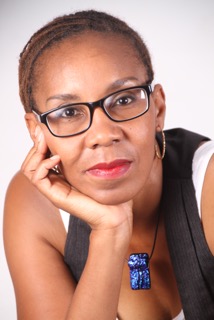
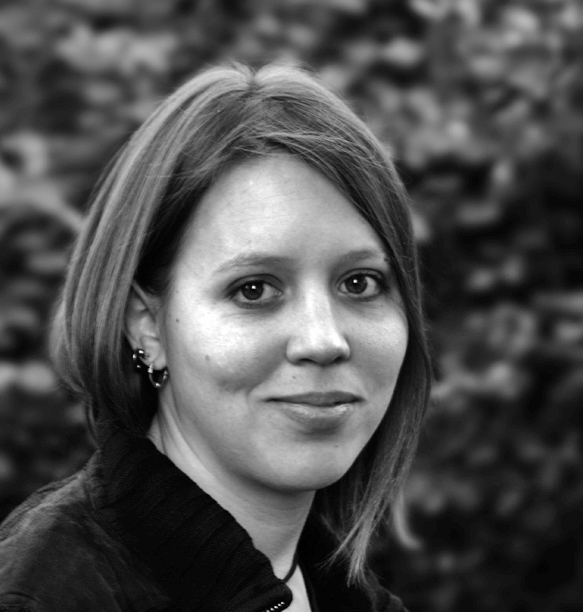

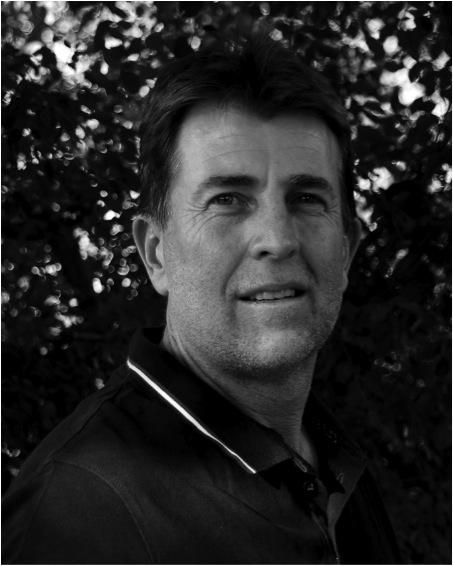



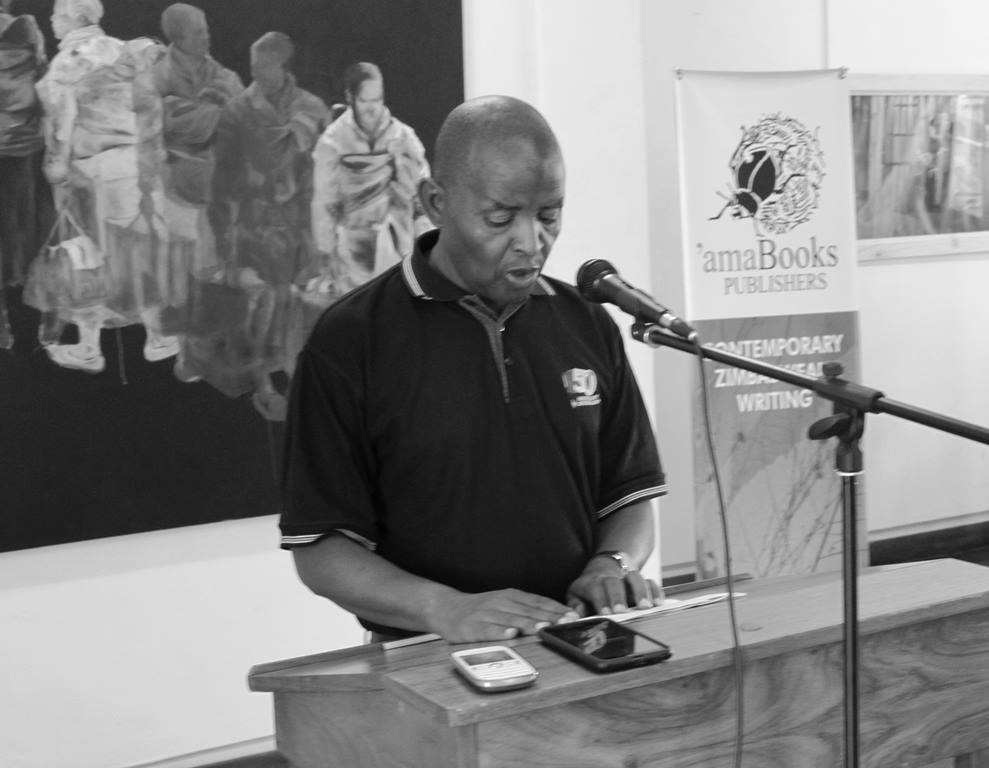

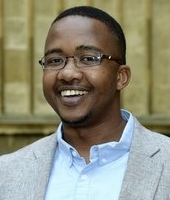
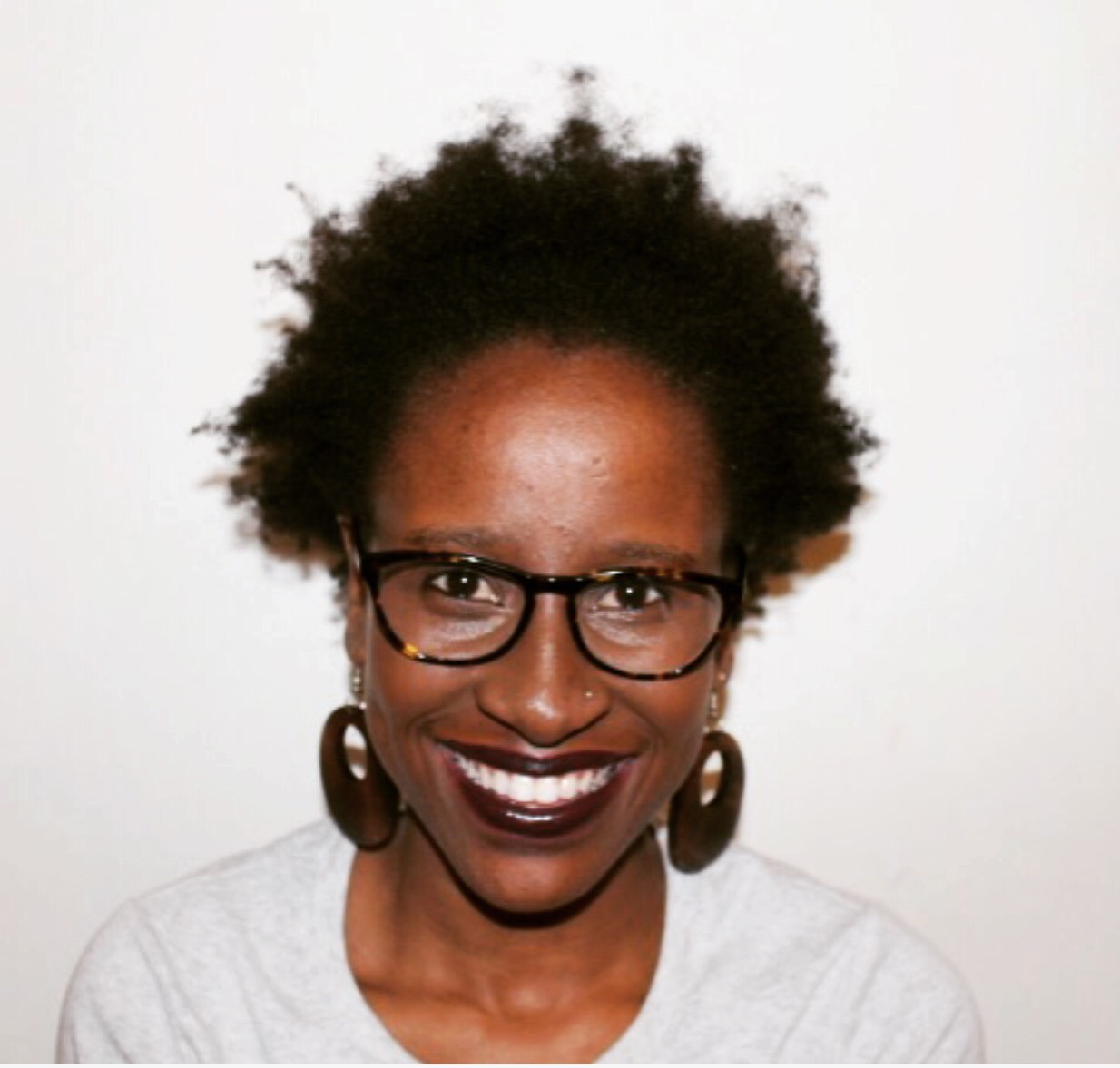



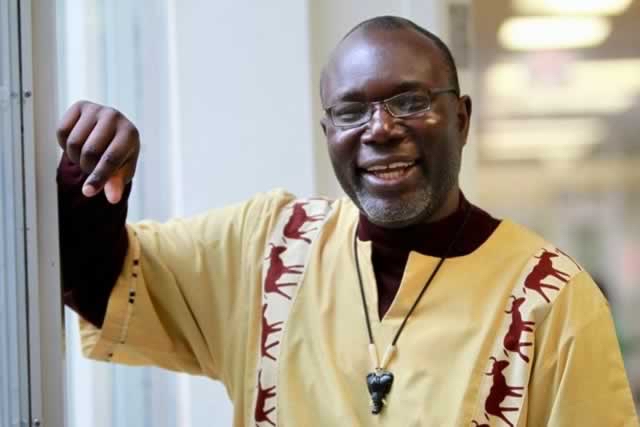









No comments:
Post a Comment